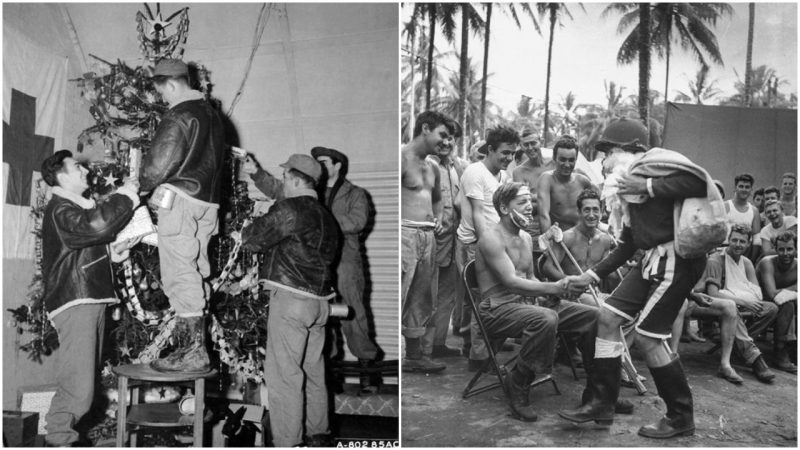War is difficult under normal circumstances but becomes even more trying when the soldiers start to think about how they’re missing time with loved ones, especially on days like Christmas.
Christmas didn’t start out as a special, national holiday. There were no observances recorded in the Bible and the Puritans disliked the alcohol-fueled parties found in other regions.
But after the founding of a new nation, Americans borrowed from all sorts of traditions from Europe including green trees and the Danish figure of “Sinterklaas” who ultimately became Santa Claus. These were all promulgated through American print and newspapers.
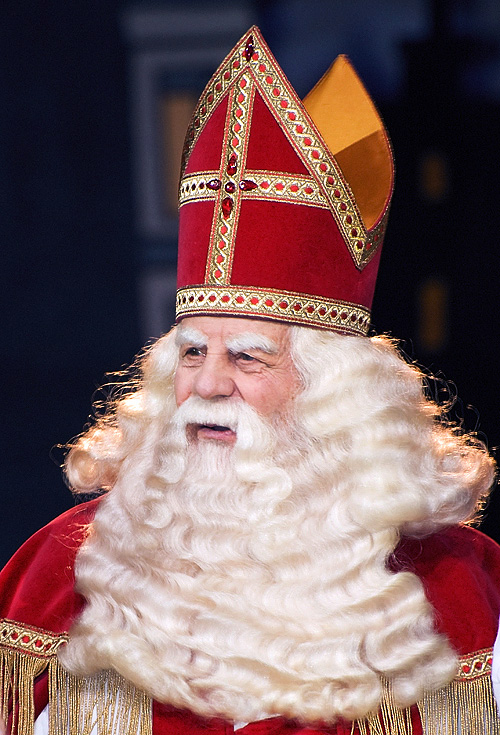
During the Civil War, the Southerners had less inhibition than the Puritan-inspired culture in the North and they had raucous parties where they fired off rounds, especially because they were doing well early in the war.
The Northern soldiers missed home and also celebrated in their camps with letters to home, Christmas carols, and special meals.

As the war went on, the Confederacy Christmases became much more subdued due to their defeats in the field and scarcity on the home front, but they also became much more important as the gentleness and holiness of that special day became more poignant.
Five years after the war ended, in 1870, Christmas became a national holiday and another way to unify Americans so recently split over war.
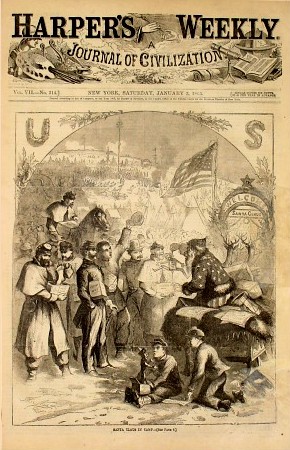
Since that time, Christmas has been a special time for American soldiers at war. Retired Master Sergeant Carrol Collins was a quartermaster who took extra pains to feed the soldiers something special for the holidays. He supplied multiple divisions, corps, and sometimes army headquarters.
He made sure to try and provide meals that were better than the disliked C-rations. He also supplemented his meals with what he could from the countryside, which was often very nice bread, pasta, and wine while serving in Italy and France, not to mention beer during the occupation of Germany.
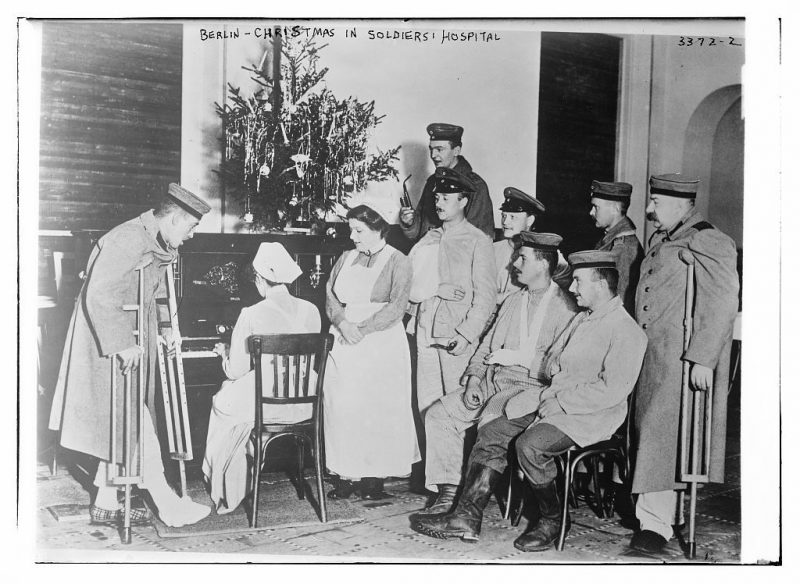
In the Korean War Frederick McClellan had a near-death experience fighting North Koreans at Christmas. He was the point man for his unit.
A Chinese force infiltrated their unit camped on a hill on the morning of December 25th, 1950. His machine-gunners were killed even before they’d exited their sleeping bags. He heard the screams from his position a little way down the hill. He rolled out of his sleeping bag onto the frozen ground and lay motionless.
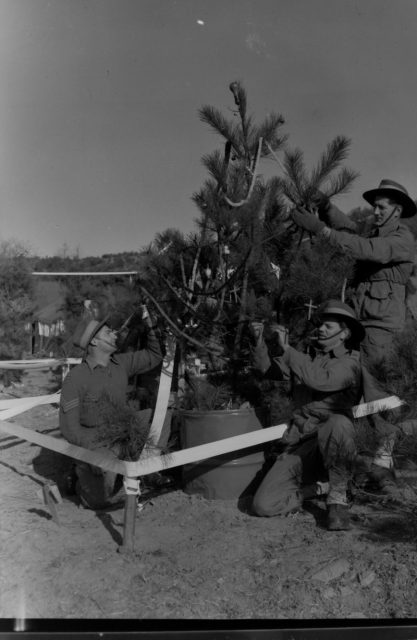
Finding himself outnumbered, he forced himself to lie still and hope the enemy would bypass him. This saved his life but gave him frostbite and doctors told him he was minutes away from losing his hands.
Michael Longwell volunteered to serve three tours of duty in Vietnam. He was a supply clerk and never faced the challenges that many others faced, but he had long stretches of guard duty that were still onerous. He tried to sign up for duty again, but medical problems prevented him from doing so.
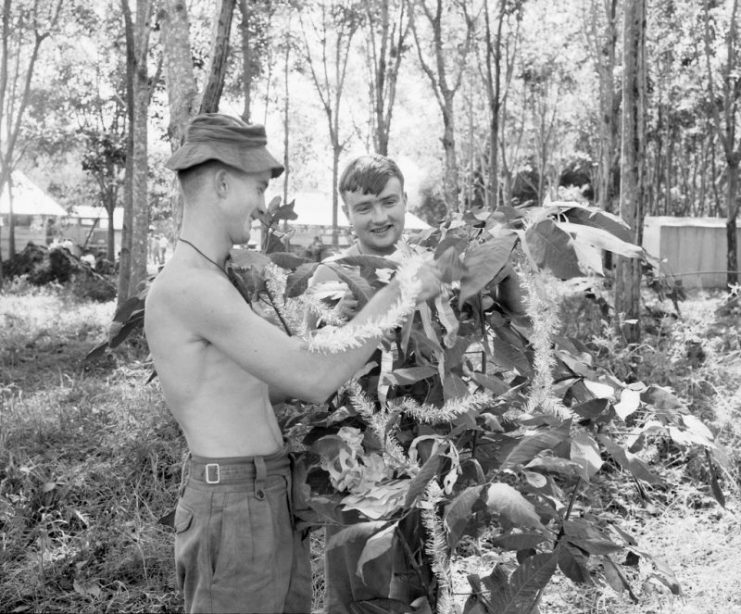
He was lucky as the Vietcong started shelling the unit headquarters where he would have been stationed and caused massive casualties.
The most difficult part for him was the reaction of less than supportive people that he encountered when he got home.
At Christmas-time in the field, the meals were a bit better, and he got excellent care packages from the Red Cross and Salvation Army.
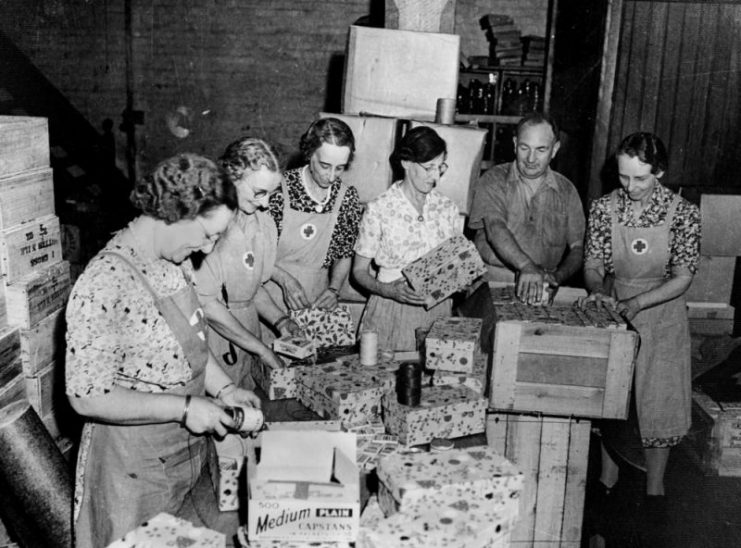
In Iraq, Andrew Swilling served enough tours to witness the initial invasion, the growing insurgency, and relative calm. His toughest tour was in the Diyala province from 2006 to 2008.
The main town in their sector had been taken over by insurgents, and there was only one road from and through the town to their main base, which meant they fought every day. His vehicle had pieces of it blown off by improvised explosive devices several times.
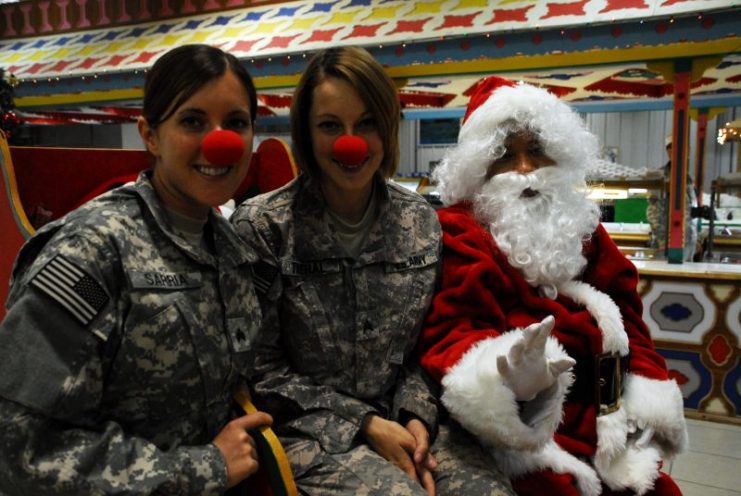
The food improved dramatically during his time there, as the MREs were already much better than the C- and K-rations of World War II. Nevertheless, the soldiers got sick of those and started buying chicken, kabobs, and even pizza from local Iraqi vendors.
They got special shipments of food for the holidays, and they had ample time to relax in their bases.
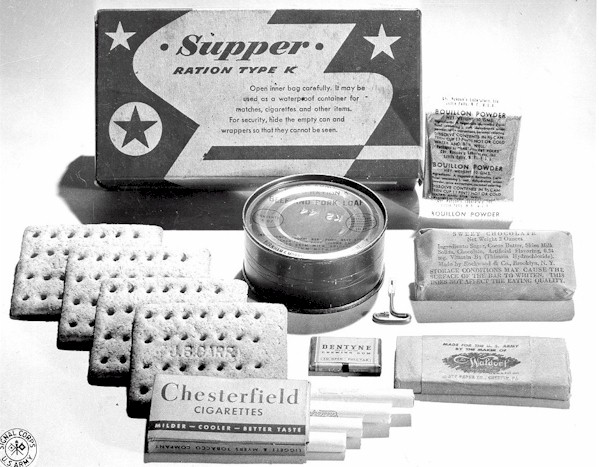
Overall, Christmas time in the military can be fraught with danger from a violent enemy launching surprise attacks, but also from sadness and melancholy.
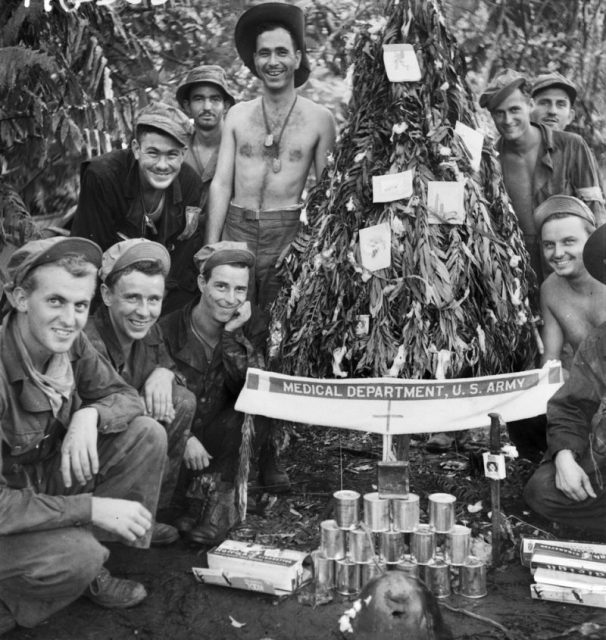
Frequent letters were important, but food became the key motivation and almost without exception the holiday food tried to compensate for the feelings of sadness.
Perhaps this Christmas you can send a package filled with goodies to a unit from your area on deployment.
